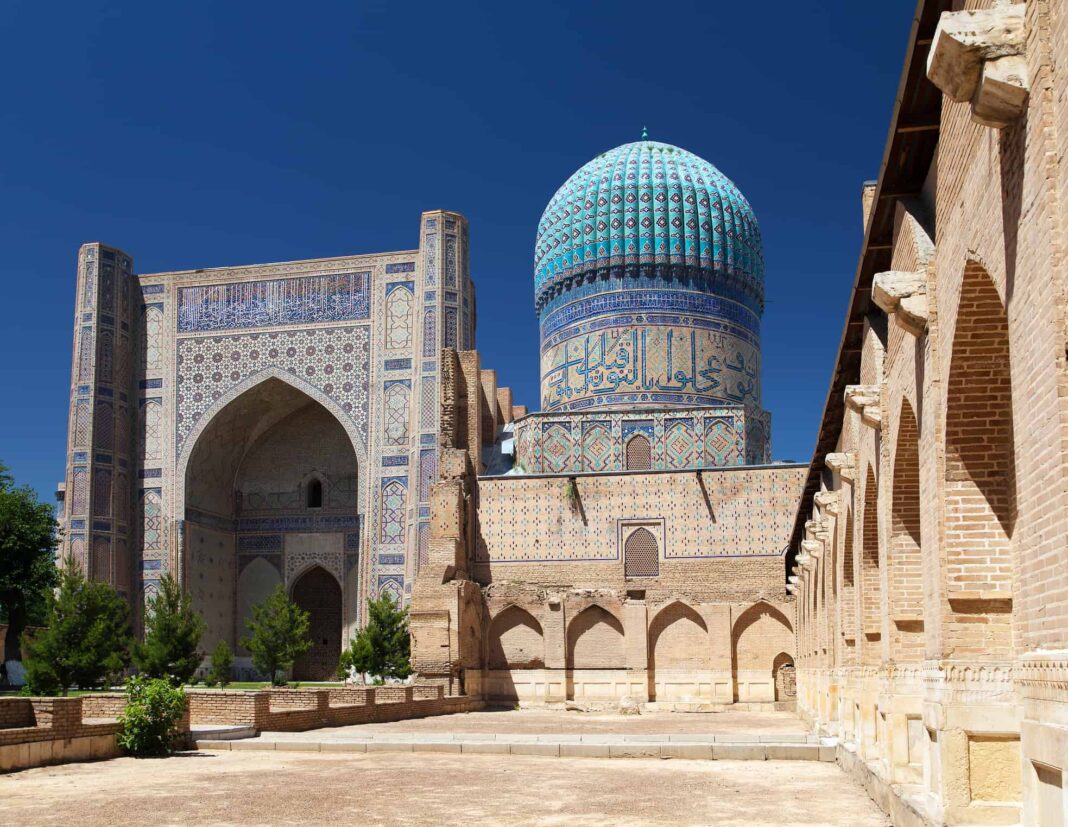By: Asem Mustafa Awan
The government is very enthusiastic about the reports of new loans coming in from international donors. This euphoric state is however making the public concerned as to what would be the payback mechanism.
During the donors’ conference in Geneva, the Islamic Bank, Asian Bank, World Bank and a number of countries pledged more than 10 billion dollars. The next day, Saudi Arabia promised to invest 10 billion dollars and increase the deposit account to 5 billion dollars. Prime Minister Shehbaz Sharif visited the United Arab Emirates as part of efforts to raise funds, where the President of the Emirates, Sheikh Mohammed bin Zayed Al Nahyan, extended the term of $2 billion held in the deposit account and promised to deposit an additional $1 billion.
It is pertinent to note that Pakistan pays interest on deposited money. Pakistan has signed an agreement worth one billion dollars with Saudi Arabia. Although these loans are more than 20 billion dollars that will be spent mainly on the construction of infrastructure in flood-affected areas and rehabilitation projects for flood victims, but the common man in Pakistan already heavily indebted needs to know from the government that how will it be paid back.
According to the reports of the international media, out of the funds promised in the Geneva conference, the amount of 8 billion dollars will be given to Pakistan as a loan and it is not aid or grant. This loan is provided on the condition that Pakistan promised to generate an equal amount from its own resources.
The government also awaits the arrival of the IMF delegation as the next tranche of the bailout package with the IMF is likely to see room for clarification on the terms and conditions of the new debt repayments and the imposition of new taxes.
IMF is not satisfied with Pakistan’s arrangements in achieving the tax targets and recent reports show Pakistan falls behind by Rs 1500 billion in achieving the expected goal.
It is worth noting that the highest tax collection is from the textile industry, construction and real estate sectors and all these sectors are in decline due to government policies.
Millions of people associated with these sectors have become unemployed in the last 8 months, over 90 per cent of textile mills have closed down.
The situation looks worse as the foreign exchange reserves are dwindling at an alarming rate and are currently a little over 4 billion dollars.
The money pledged in Geneva comprises of loans and that simply means they will be spent on projects for which they have been allocated. Overall reputation of the government is not good globally and that is reason international organizations are conducting online surveys asking whether Pakistan will be able to make transparent use of loans.
Doubts are there what if the funds taken will be used in unfair manner and Prime Minister has time and again promised transparency but with prevailing political and economic instability it is very important to know the repayment mechanism and parliament should be taken in confidence. Whoever forms the next government should honour prior commitments.








